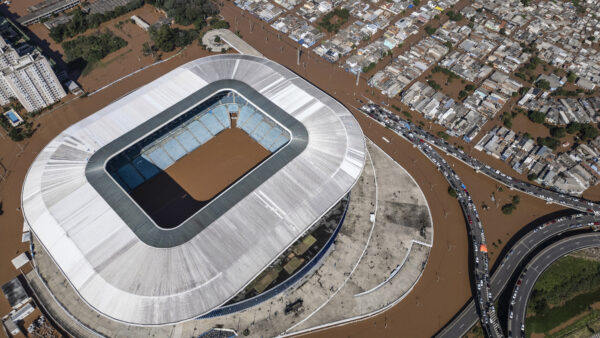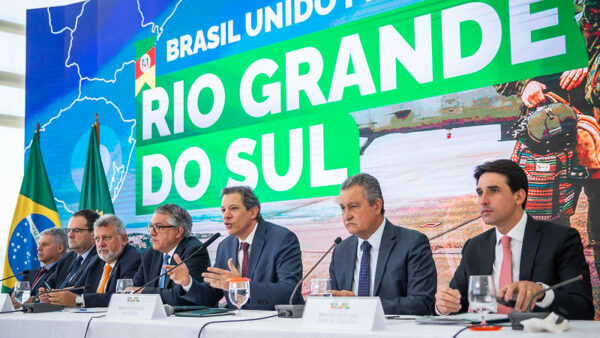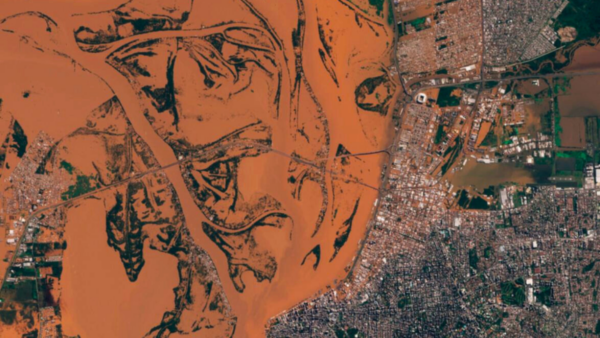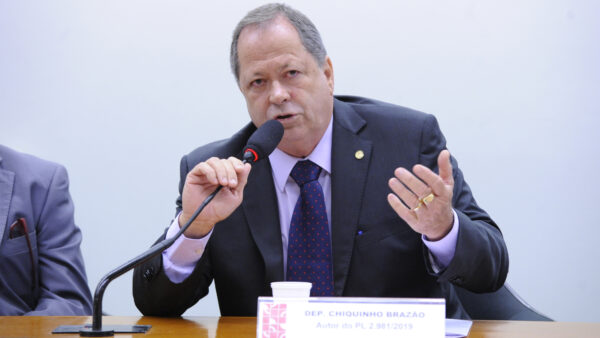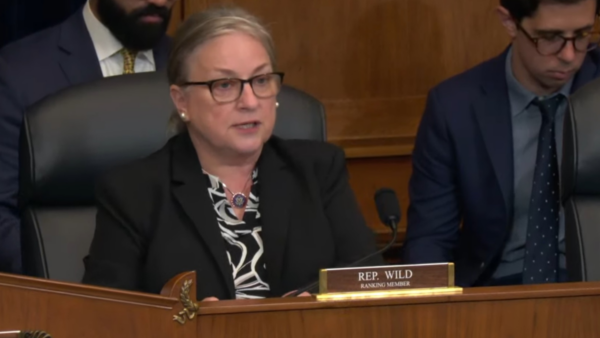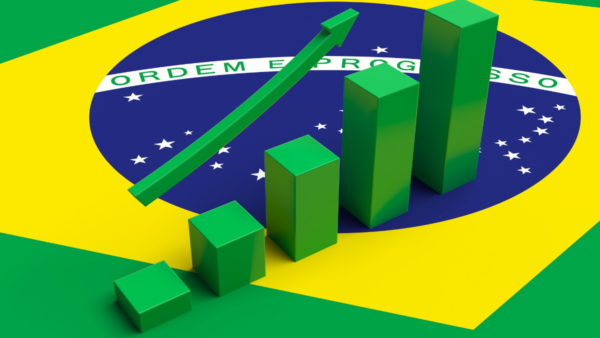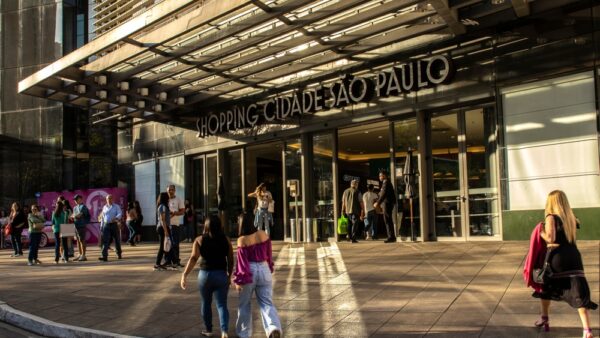In yet another battle surrounding Operation Car Wash (the vastest anti-corruption task force Brazil has ever seen) and its legacy, Senator Sergio Moro of Paraná — who rose to prominence for his work as a federal judge overseeing the operation — will face an investigation for procedural fraud in a case not related to Car Wash cases.
The motion to investigate Mr. Moro was greenlit by Supreme Court Justice Dias Toffoli on December 19 but made public by cable news station GloboNews on Monday.
This latest complaint about Mr. Moro’s actions as a judge revolves around the plea deal agreement signed by Tony Garcia, a former Paraná state lawmaker. He agreed to record (or at least help federal marshals record) incriminating conversations between himself and politicians and high-court justices — authorities not under the jurisdiction of trial courts (which formally made them out of Mr. Moro’s reach).
Mr. Garcia claims to have levied the accusations in 2021, but said that judges close to Mr. Moro failed to take action on it. That would change early in 2023, when a judge ideologically close to the Workers’ Party took charge of Car Wash cases.
The Workers’ Party has relentlessly tried to reduce Operation Car Wash to a far-right effort to criminalize politics and carry out a political hit job on President Luiz Inácio Lula da Silva — who was convicted of corruption and money laundering in 2017 and imprisoned for almost two years. In 2021, the Supreme Court quashed all of Lula’s convictions.
Many of Mr. Moro’s verdicts as the Car Wash judge were confirmed by upper courts, only to be quashed later due to accusations of bias and procedural mistakes. A 2019 report by The Intercept showed that Mr. Moro was is cahoots with Car Wash prosecutors, tarnishing his legacy.
The Tony Garcia plea deal agreement now casts a broader shadow over Mr. Moro’s work as a judge. Federal law enforcement agents said the deal was essentially a “tool for blackmail and evidence manipulation,” echoing criticism the judge-turned-senator faced during his Car Wash days — when he was accused of using pre-trial arrests to twist the arms of suspects into confessing and turning against potential co-conspirators.
Mr. Moro, who left the bench in 2018 to join the former Jair Bolsonaro administration (being elected to the Senate in 2022), stated that he was unaware of the decision and argued that “there was no irregularity in the process that took place almost 20 years ago.” He said Mr. Garcia’s accusations are “lies” and “unsupported by evidence.”
Incidentally, Justice Toffoli’s decision to authorize an investigation against Mr. Moro comes after a series of other Supreme Court rulings that point out irregularities in the former judge’s conduct and overturn decisions made by him.
The National Council of Justice, a watchdog of the judiciary, also carries out administrative investigations into the procedures of Operation Car Wash.
Many of the methods employed by the Car Wash investigators raised concerns about due process. Now, some observers fear an overcorrection could neuter anti-corruption efforts. A recent OECD report said Brazil “may not be able to sustain the level of foreign bribery enforcement that it achieved in recent years.”
Moreover, Mr. Moro faces accusations of illegal campaign financing that could culminate with his impeachment — an outcome his (many) political adversaries believe is all but certain.


 Search
Search
